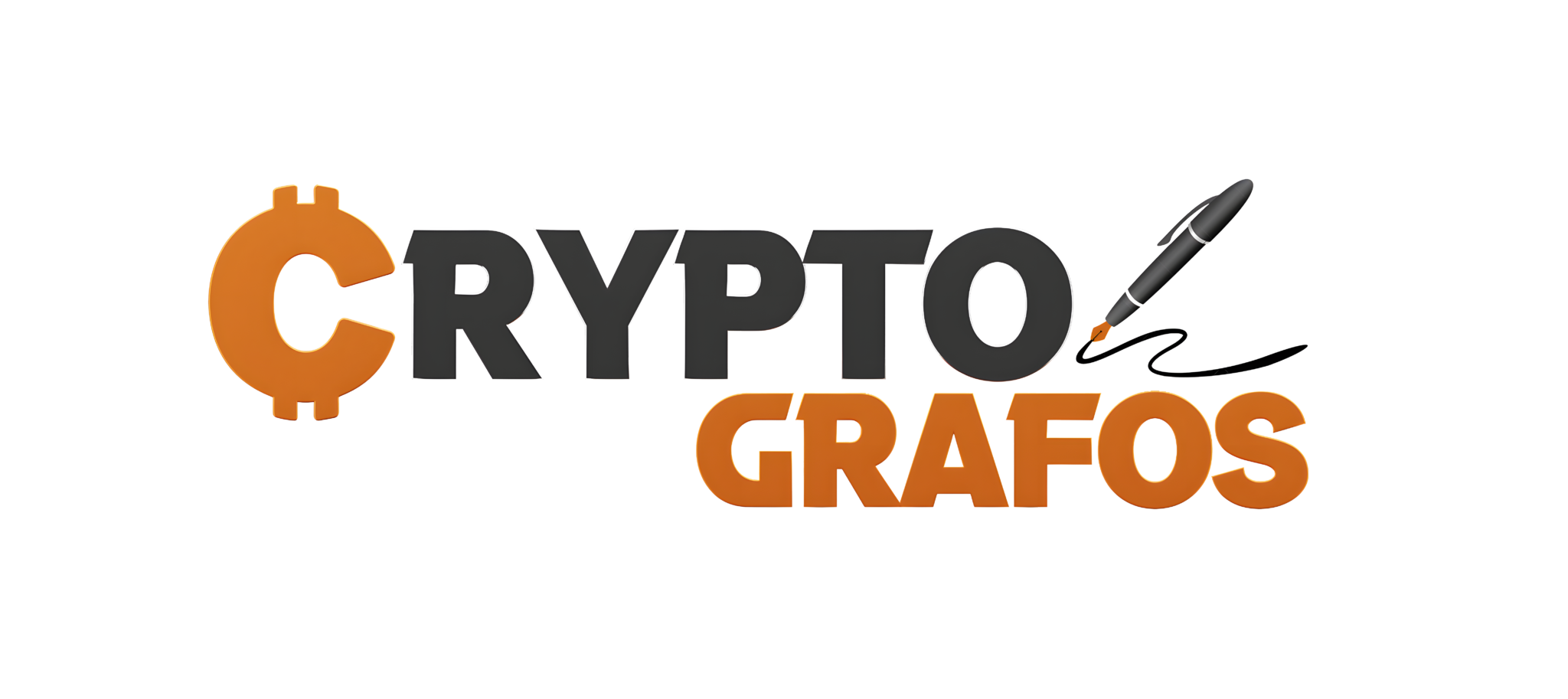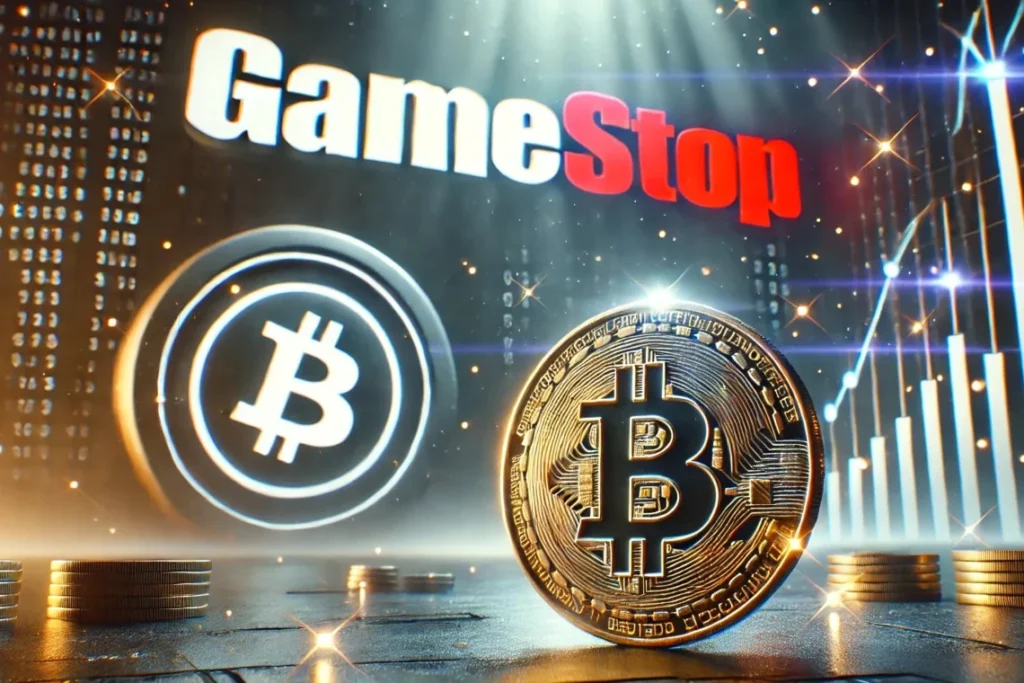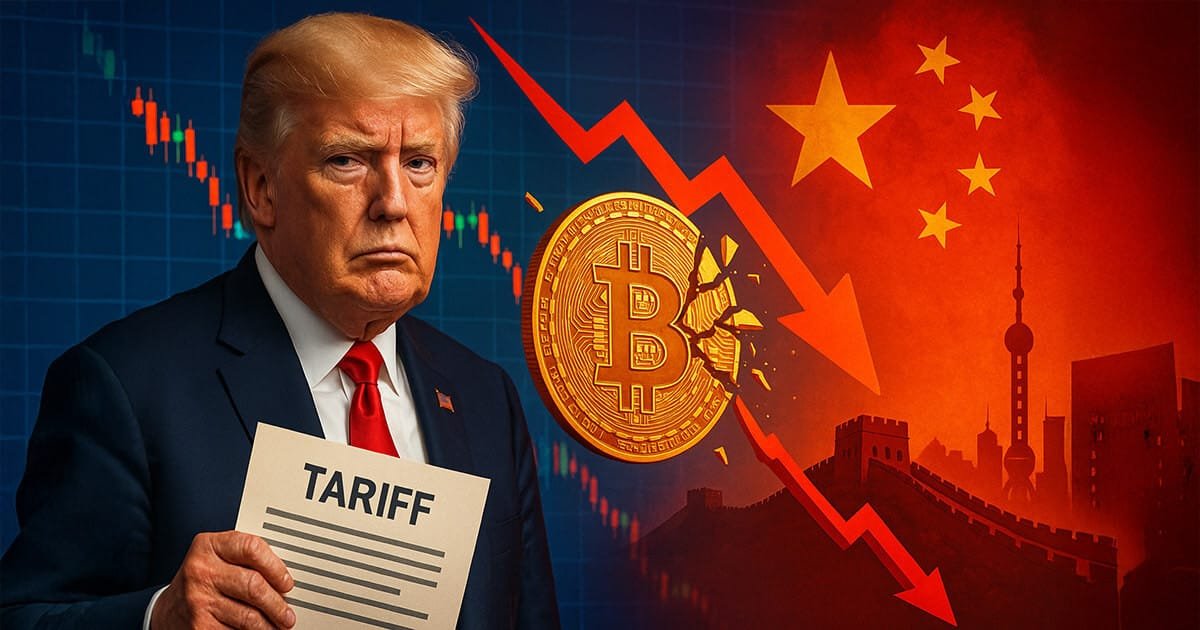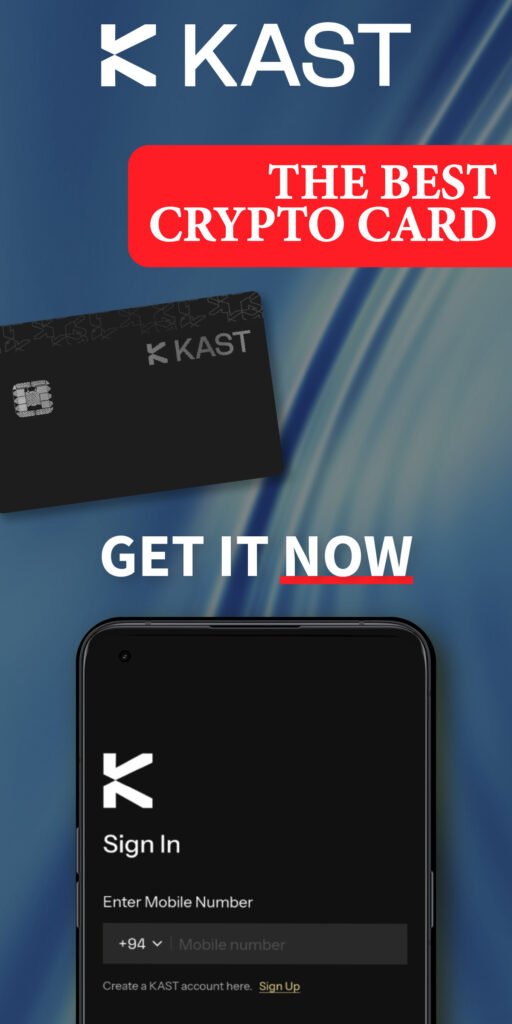GameStop Corporation (GME), the well-known video game retailer, has successfully concluded a convertible debt offering, securing $1.5 billion in funding. A portion of these funds is designated for purchasing Bitcoin.
Initially targeting $1.3 billion, investor demand led to an expansion of the offering by an additional $200 million in aggregate principal, as disclosed in an April 1 filing with the Securities and Exchange Commission (SEC).
“The company intends to utilize the net proceeds from the offering for general corporate objectives, which include acquiring Bitcoin in accordance with its Investment Policy,” GameStop stated.
The issued convertible notes, a form of debt that can later be exchanged for equity, are set to mature on April 1, 2030, unless converted, redeemed, or repurchased beforehand.
As per the SEC filing, the initial conversion rate stands at 33 shares of Common Stock per $1,000 principal amount of notes.
Following the closure of the convertible debt offering, GameStop’s stock saw little reaction. On April 1, GME closed at $22.61, up 1.34%, with a modest 0.5% increase in after-hours trading, according to Google Finance data.
Investor enthusiasm had previously driven a significant rally, with shares climbing nearly 12% to $28.36 on March 26—the day after GameStop unveiled its Bitcoin acquisition plans. However, the momentum reversed the following day, as GME shares plummeted by almost 24% to $21.68.
Market analysts suggested that the lukewarm response was due to ongoing concerns about GameStop’s underlying business model and future profitability.
Joining the Bitcoin Movement
On March 25, GameStop confirmed that its board had approved an investment in Bitcoin and US-dollar-pegged stablecoins using both the newly raised funds and its existing cash reserves. As of February 1, the company’s reserves had grown to $4.77 billion, a substantial increase from $921.7 million the previous year, per its Q4 2024 financial statements.
Although GameStop is entering the Bitcoin treasury game relatively late, other public companies have already taken the plunge, following the strategy popularized by Michael Saylor’s playbook.
Previously, GameStop had dabbled in the crypto space by launching a digital asset wallet for its users. However, the company shuttered the service in November 2023, citing regulatory challenges.
The retailer remains a key example of the meme stock phenomenon, having skyrocketed over 1,000% in early 2021 due to a historic short squeeze that saw retail traders disrupt hedge funds betting against the company.
For more news, find me on Twitter Giannis Andreou and subscribe to My channels Youtube and Rumble
What is your opinion on this particular topic? Leave us your comment below! We are always interested in your opinion!









